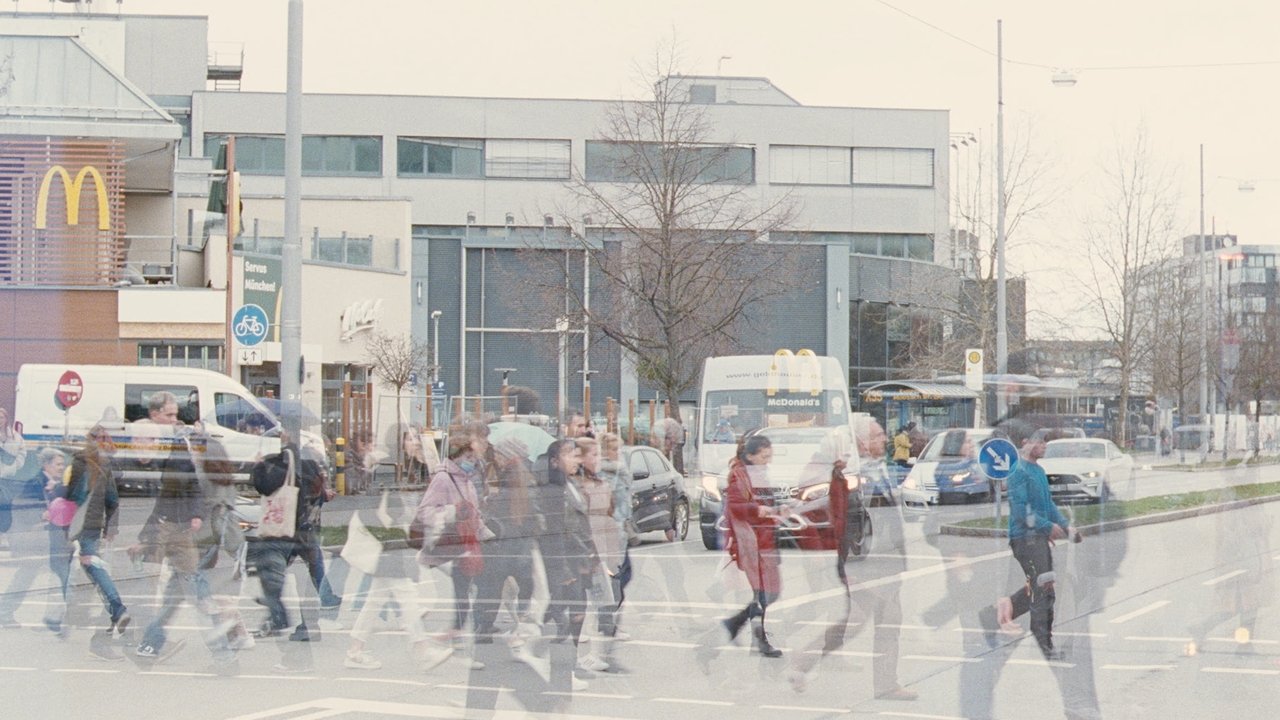
in retrospect (2025)
Immigrant workers build a shopping mall for the upcoming 1972 Olympic Games in Munich. In 2016, nine people with migrant backgrounds are killed in a racist attack at the same mall.

Immigrant workers build a shopping mall for the upcoming 1972 Olympic Games in Munich. In 2016, nine people with migrant backgrounds are killed in a racist attack at the same mall.
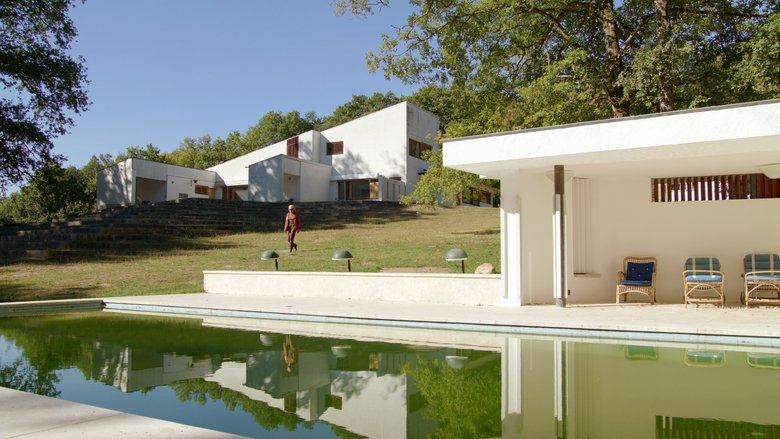
Aalto is one of the greatest names in modern architecture and design, Aino and Alvar Aalto gave their signature to iconic Scandic design. The first cinematic portrait of their life love story is an enchanting journey of their creations and influence around the world.
French actors Lucien Jean-Baptiste, Aïssa Maïga, Sonia Rolland, Deborah Lukumuena, Marie-France Malonga, Gary Dourdan and others speak up on the reality of black actors in the French movie industry.
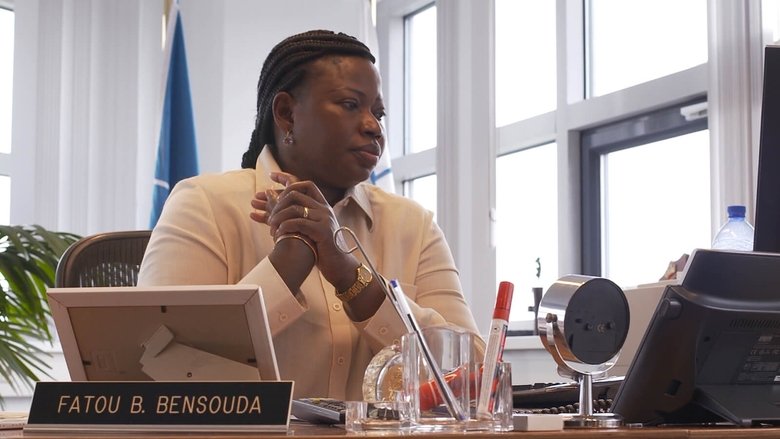
War and Justice is the first and only true-life documentary about the International Criminal Court (ICC), thanks to unprecedented access to Ben Ferencz, Luis Moreno Ocampo (ICC’s first prosecutor), and Karim Khan (its current prosecutor). Film directors Marcus Vetter and Michele Gentile follow Ocampo around the world as he enlists the support of Academy Award-winning Angelina Jolie and as they join Ferencz in the uphill battle against wars in the Congo, Libya, Palestine, and Ukraine.
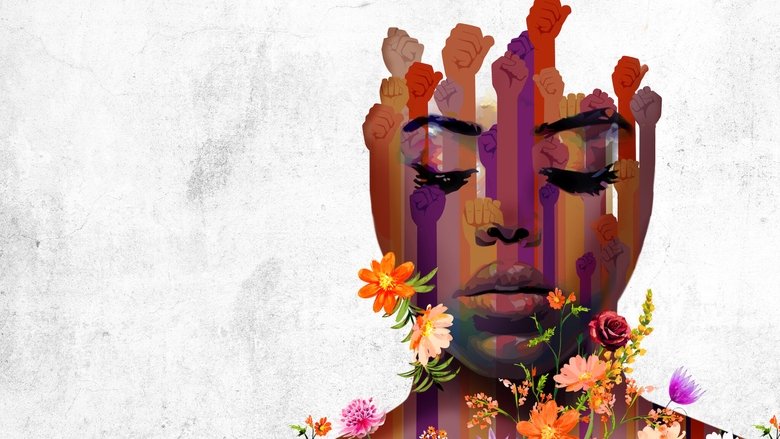
Using innovative animation and expert insights, this documentary based on Ibram X. Kendi's bestseller explores the history of racist ideas in America.
A visual essay on contemporary Kiwi architecture.

Pop star Leigh-Anne Pinnock confronts her experience as the only black member of Little Mix, and as a black woman in the music industry. She embarks on her own very personal journey to understand how she can use her platform and privilege to combat the profound racism she sees in society around her.
Combining rare original archive footage, home movies and authored by 40 intimate interviews with friends and celebrity fans this feature length film charts Nat "King" Cole's battle with racist 50’s America to become a superstar. An intimate portrait, it’s filled with music and accompanied the release of the album of the same name.
Hidden Colors 4: The Religion Of White Supremacy is the latest follow up film to the critically acclaimed hit documentary series Hidden Colors. In this installment of the Hidden Colors series, the film explores topics such as: The motivation behind European global subjugation The history of rarely discussed vast West African empires How germ warfare is used on melanated people The history of slave breeding farms in America And much more.
An enchanted journey through three extraordinary houses built by Master José Zanine on the seaside hillside of Joatinga, in Rio de Janeiro, surrounded by a stunning musical score, specially created for the film by maestro Antonio Carlos Jobim.
This short experimental documentary challenges stereotypes about Indigenous people in the workplace. Featuring portraits set to a powerful poem by Mohawk writer Janet Marie Rogers, the film urges viewers to go beyond their preconceived notions. As I Am is a celebration of Indigenous people's pride in their work and culture.
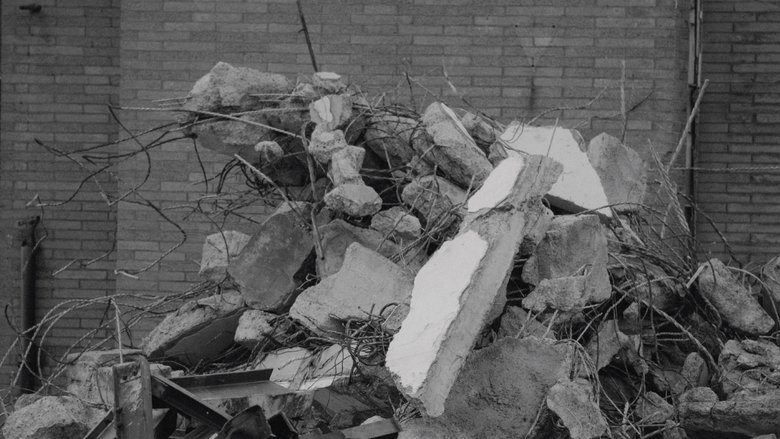
Making Dust is an essay film, a portrait of the demolition of Ireland's second largest Catholic Church, the Church of the Annunciation in Finglas West, Dublin. Understanding this moment as a 'rupture', the film maps an essay by architectural historian Ellen Rowley on to documentation of the building's dismantling. Featuring oral interviews recorded at the site of the demolition and in a nearby hairdressers, the film invites viewers to pause and reflect on this ending alongside the community of the building. The film is informed by Ultimology, and invites its audience to think about the life cycles of buildings and materials, how we mourn, what is sacred, how we gather, what we value and issues of sustainability in architecture.
An experimental essay film about terrorism, media, violence and globalisation. Three infotainment news broadcasts - a rollercoaster, a hijacking, and an influencer - are soundtracked by pulsating experimental electronics that push the psychic residue of a post war-on-terror world out of the unconscious and onto the screen. Capitalism, imperialism, desire; all three are implicated in a nihilism that has seeped from the news into the social psyche.
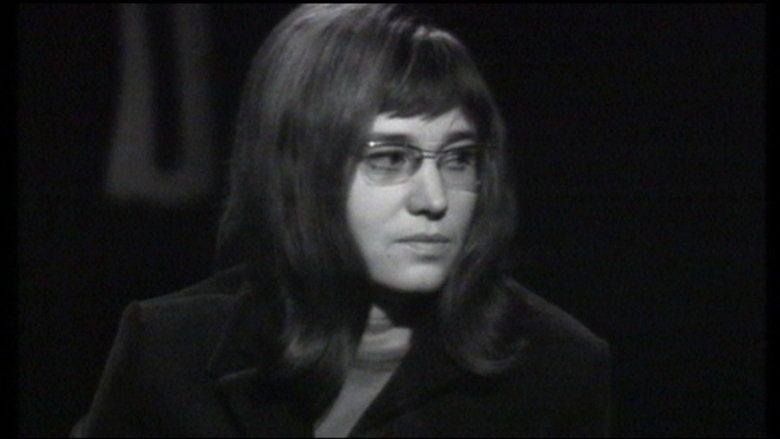
Inspired by the student revolutions of 1968, two women in Germany and Japan set out to plot world revolution as leaders of the Baader Meinhof Group and the Japanese Red Army. What were they fighting for and what have we learned?
The Spirit in Architecture examines the work of John Lautner, one of the most visionary and profound architects, who began his career in Los Angeles in the 1930's. This illuminating journey into Lautner's world features never before seen footage from his apprenticeship with Frank Lloyd Wright at Taliesin; extensive documentation of his extraordinary buildings; and interviews with historians, critics, collaborators, clients, and Lautner himself, which put his achievements in perspective. his building's use in feature films and his Googie's coffee shop design demonstrate his contribution to popular culture.
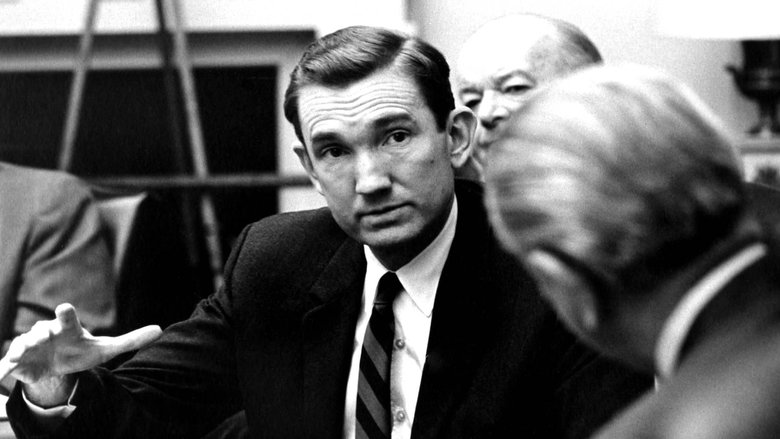
For fifty years, former U.S. Attorney General Ramsey Clark has challenged the abuses of U.S. power and championed the causes of human rights.
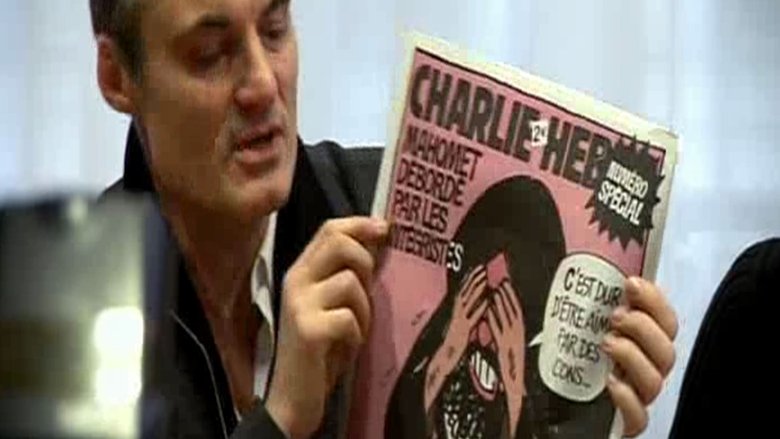
The murder of Dutch filmmaker Theo van Gogh by an Islamic extremist in 2004, followed by the publishing of twelve satirical cartoons depicting the prophet Mohammed that was commissioned for the Danish newspaper Jyllands-Posten, provides the incendiary framework for Daniel Leconte's provocative documentary, It's Hard Being Loved by Jerks.
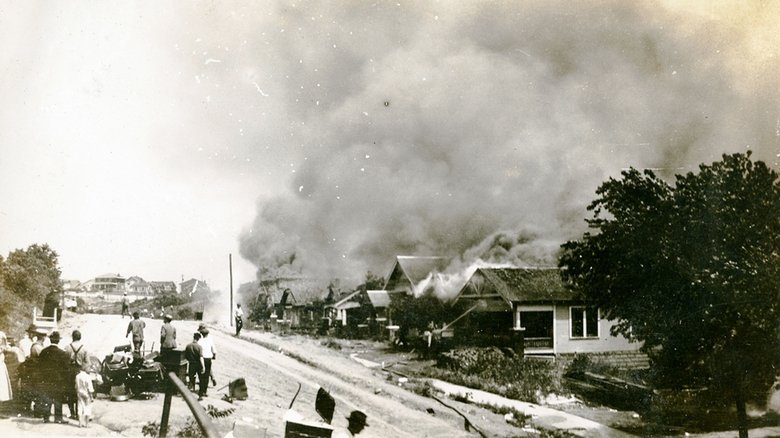
This documentary celebrates the Black cultural renaissance that existed in the Greenwood district of Tulsa, OK, and investigates the 100-year-old race massacre that left an indelible, though hidden stain on American history.
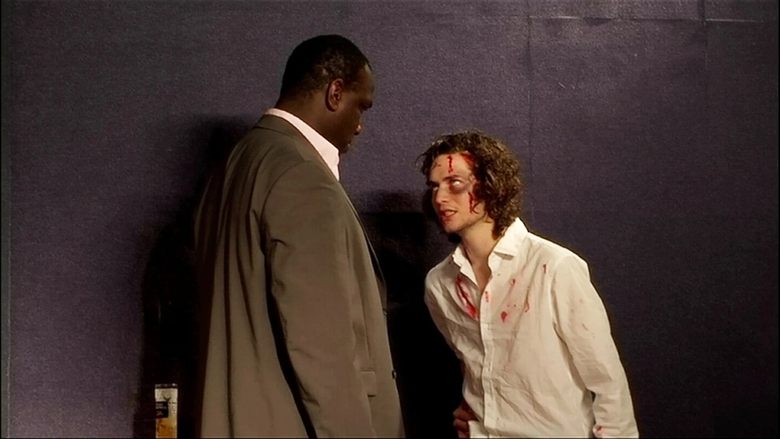
Steve, a 25-year-old Black man from the Paris suburbs, seeks to escape the violence of his immediate surroundings by training to become an actor at one of France’s most prestigious drama schools. But soon he discovers that the theater world is only interested in having him inhabit “Black” roles.
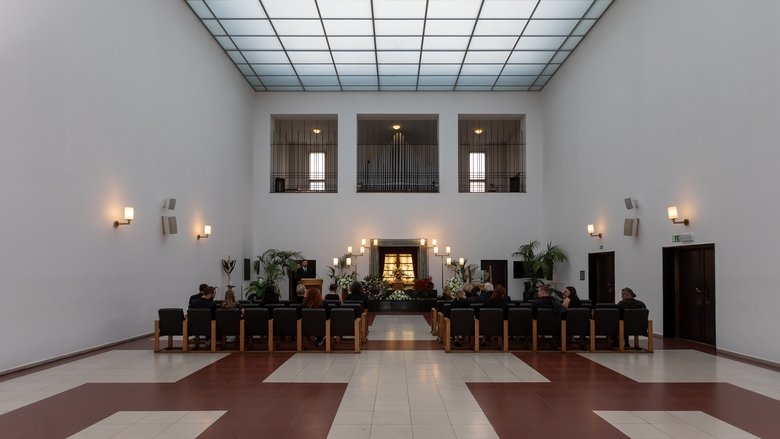
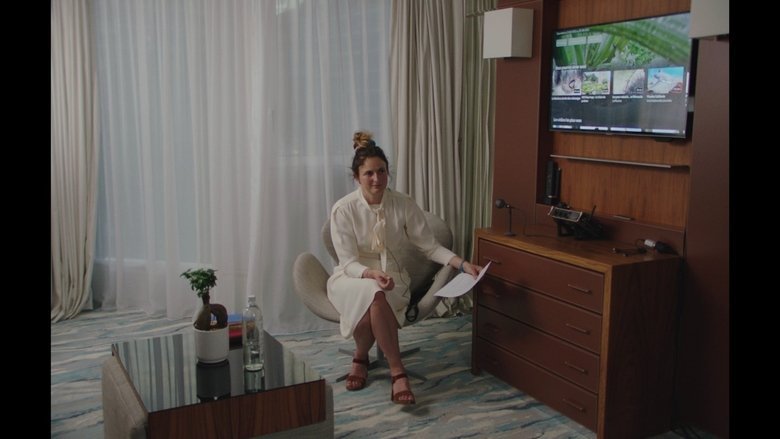
In 1982, Wim Wenders asked 16 of his fellow directors to speak on the future of cinema, resulting in the film Room 666. Now, 40 years later, in Cannes, director Lubna Playoust asks Wim Wenders himself and a new generation of filmmakers (James Gray, Rebecca Zlotowski, Claire Denis, Olivier Assayas, Nadav Lapid, Asghar Farhadi, Alice Rohrwacher and more) the same question: “is cinema a language about to get lost, an art about to die?”